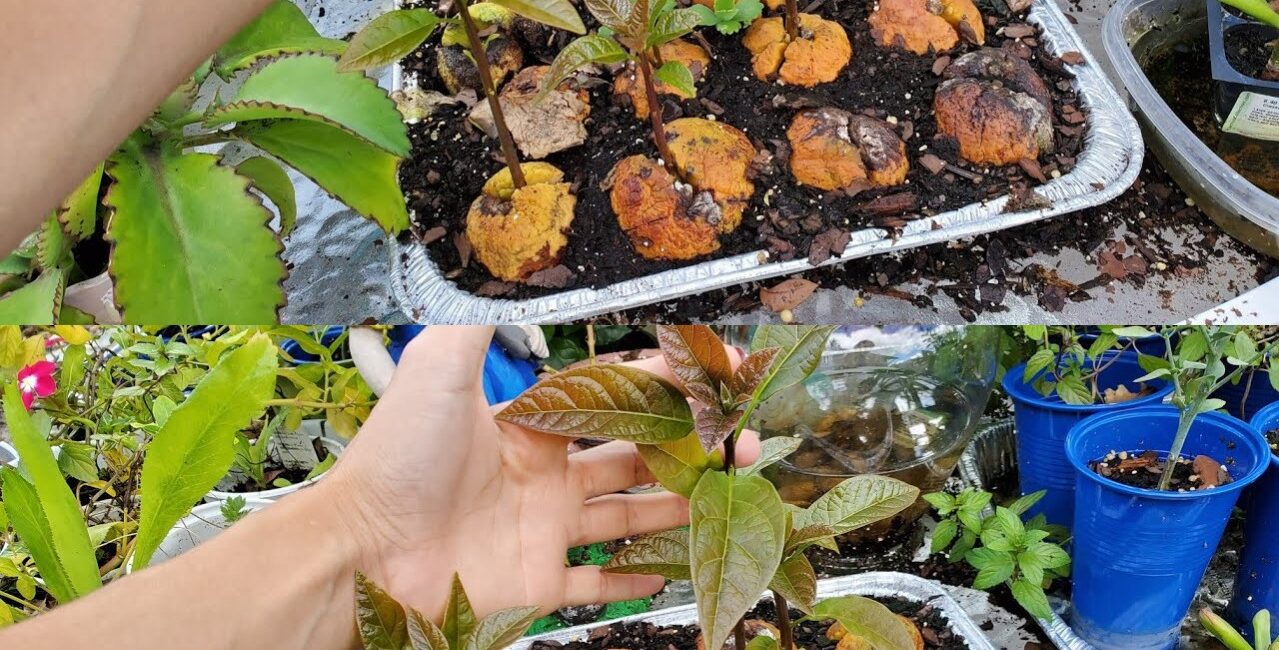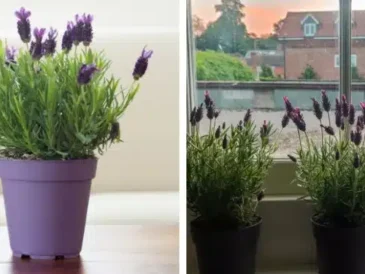- Practice Crop Rotation and Companion Planting: Rotate crops annually to prevent soil depletion and minimize disease risks. Pair vegetables strategically to benefit from mutual pest control and nutrient enhancement, such as tomatoes protecting cabbage from pests and beans enriching the soil for leafy greens.
- Maintain Soil and Plant Health: Ensure a thriving garden with these maintenance tips:
- Soil Improvement: Enhance soil quality with compost, manure, or green manures to provide essential nutrients for plant growth.
- Water Management: Water vegetables appropriately based on their needs. Adjust watering schedules for plants like tomatoes, which prefer less frequent, deep watering, while lettuce thrives with regular, light watering.
- Mulching: Use mulch such as straw, wood chips, or leaves to retain soil moisture, reduce evaporation, and suppress weeds.
- Pest and Disease Control: Monitor for pests and diseases regularly, addressing issues promptly with natural remedies to maintain plant health.
By following these steps, you can create a productive and harmonious garden, even in limited space. Start planning and enjoy the satisfaction of growing your own fresh, flavorful vegetables!
Pages: 1 2




